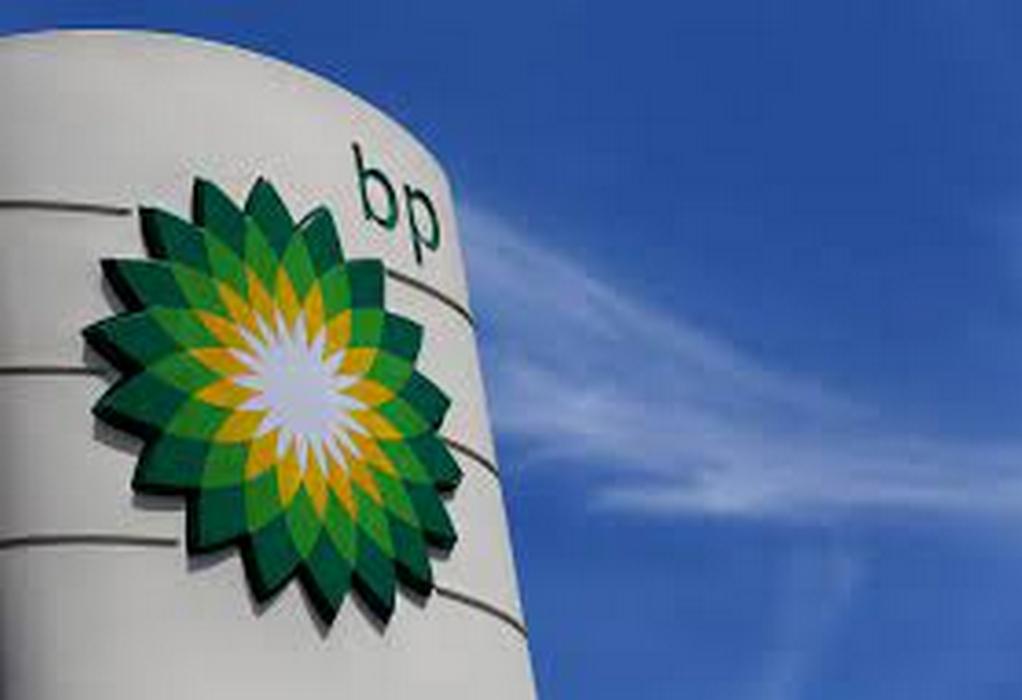bp is considering buying stakes in biofuel feedstock producers and investing directly in farming ventures to secure supplies as the global race for low-carbon fuel speeds up.
Fuels made from vegetable oil, waste cooking oil, and grease are expected to play a central role in reducing greenhouse gas emissions for the difficult-to-decarbonize sectors like aviation and maritime.
BP said it will increase biofuel output three-fold by 2030 to 100,000 bpd, or roughly 4.5 million tonnes per year, according to Reuters.
The tripling is in line with forecasts from analysts at Barclays that predict global biofuel demand of 30 million tonnes by the end of the decade, compared with some 10 million tonnes now.
The premium biofuels are two to four times more expensive than today’s fossil fuel-produced fuels and costs could rise further as producers struggle to tap feedstocks over the coming years.


Recent Posts
Ammonia
Azane Unveils New Subsidiary to Drive Ammonia Bunkering Development Oslo, Norway
Fuels Heavy oils
Public sector carbon emissions fall to 3.7 mn tonnes in Singapore
Fuels Heavy oils
UltraTech Cement targets to achieve 85% green energy
Fuels LNG
JCB unveils hydrogen combustion technology